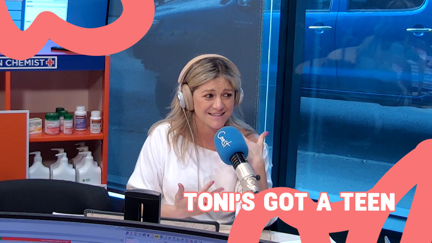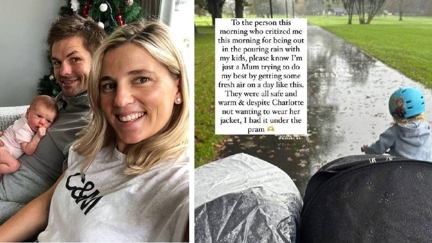John Cowan - Motivate Your Child
- Publish date
- Thursday, 20 Jul 2017, 3:02PM

Gidday I’m John Cowan from the Parenting Place
Praise is a great tool, perhaps the most useful tool that a motivator can use – and all parents should be good motivators. You motivate, not to push but to lift them. Your praise indicates that you have noticed something and that you care about it and the person doing it. It generates far more than the temporary sugar-buzz that a chocolate bar reward might give them. Praise alters your children’s attitudes and feelings about themselves. The words people hear about themselves echo for a long time. (Sadly, criticism seems to echo even longer. Many of us still cringe from harsh words spoken to us decades ago). Because of this echo effect, praise tends to build internal reinforcement. When a child repeats behaviour he has been praised for in the past, he hears again the echo of praise he got before, and experiences the good feelings. The reward becomes internal.
A great spin-off from praise is it also strengthens the relationship between the one praising and the one being praised. You have to be remarkably inept in your praising to make someone dislike you by praising them! And by constantly looking for things to praise in your children, you will find more and more that you like and enjoy about them.
Let you children see your excitement about their successes. Be liberal and consistent with your praise, and remember to be loving and encouraging in their failures. Never let your encouragement give the impression that your love is conditional on their success.
Can you over-praise? Yes, but most kids today would benefit from more praise, so if you are going to make a mistake, err on the side of being too generous!
For more, check out parentingplace.nz
About John
John has been with The Parenting Place (www.theparentingplace.com) for seventeen years as their senior writer and presenter. He had various roles working with youth and families prior to that but actually started his working life as a scientist in neurophysiology at Auckland Hospital. As well as writing and speaking, John is frequently on radio and television.

Take your Radio, Podcasts and Music with you




